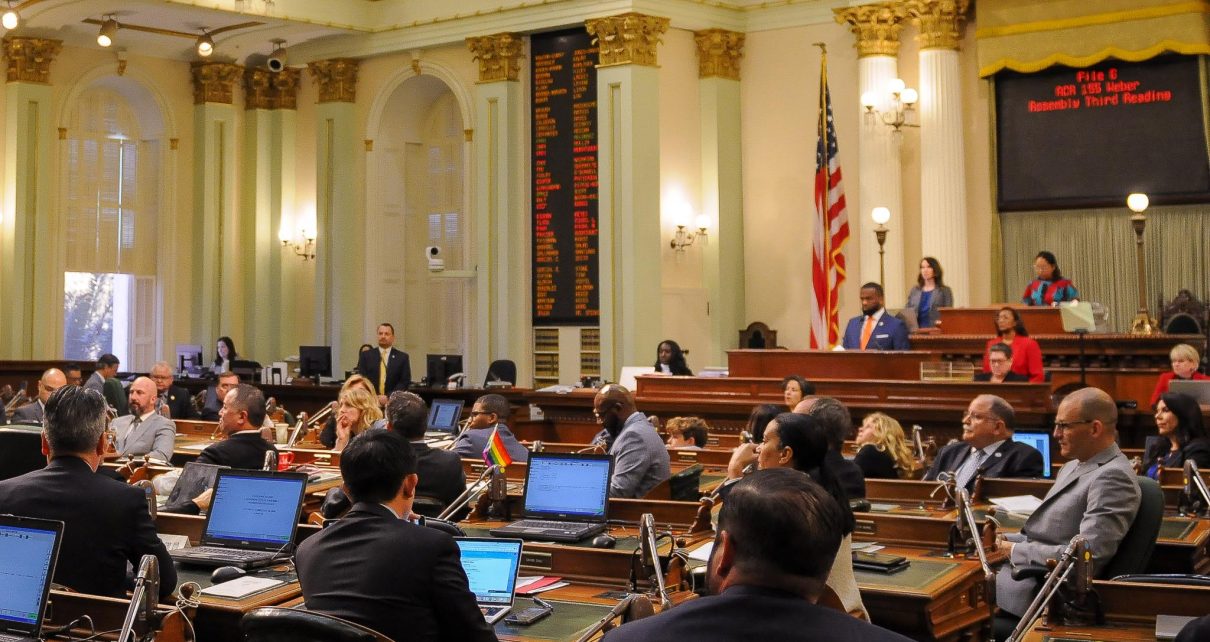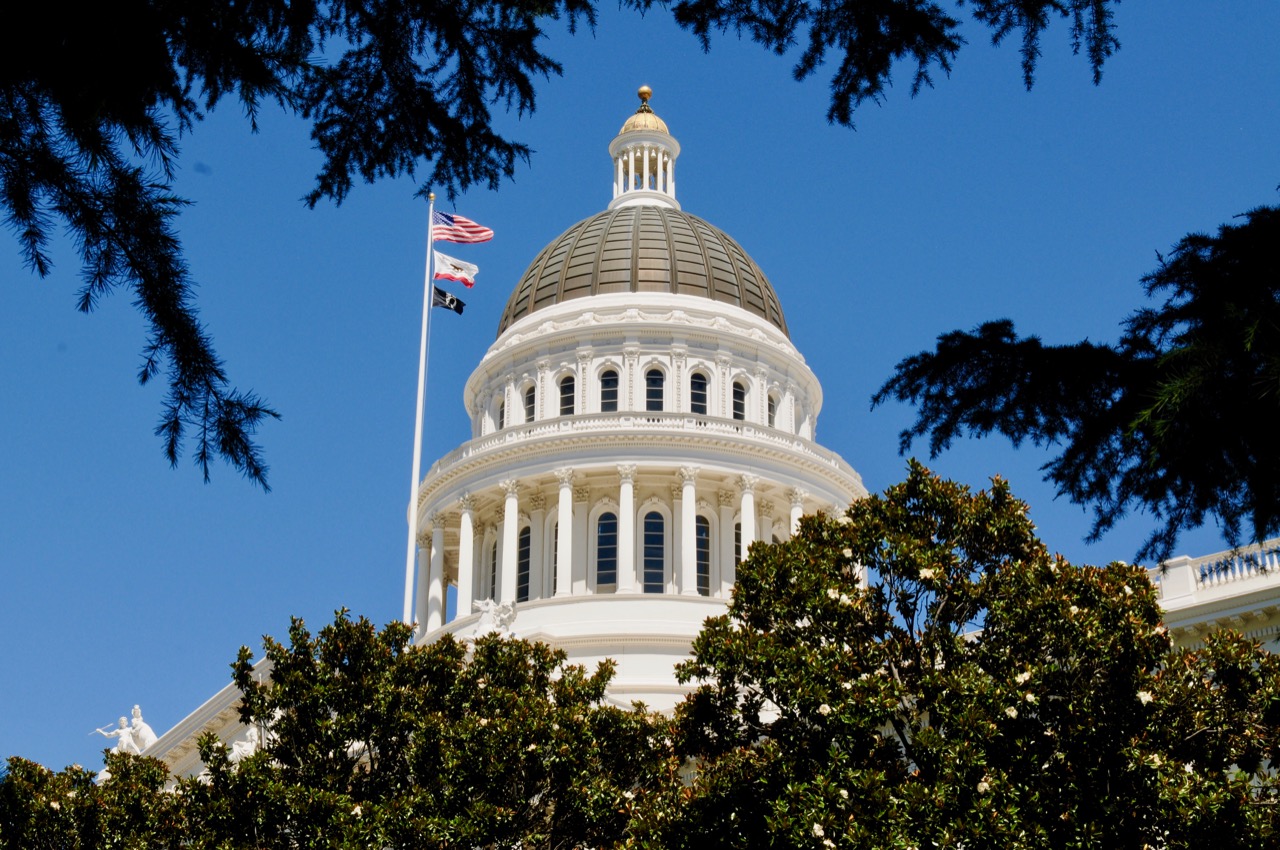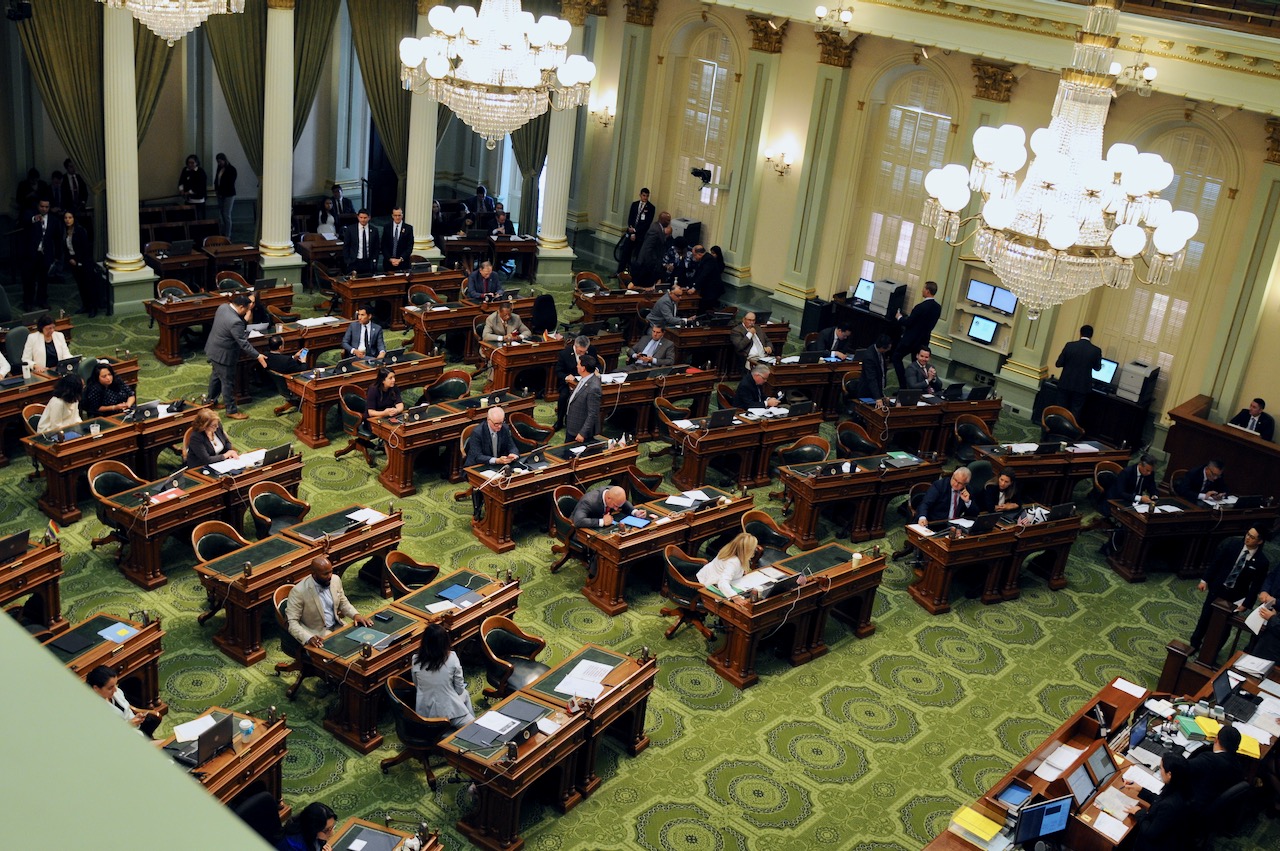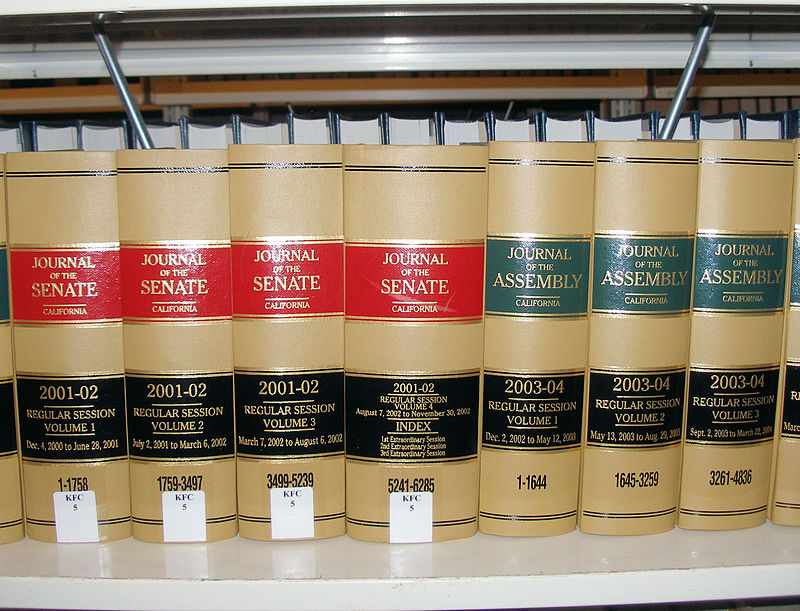
California State Assembly. (Photo: Kevin Sanders for California Globe)
More on Statutory Exemptions from California’s Administrative Procedure Act
The purpose of the federal and California Administrative Procedure Acts is to allow public participation in the federal and state rulemaking processes
By Chris Micheli, May 20, 2023 7:11 am
I have written in the past about the Legislature unfortunately creating statutory exemptions from California’s Administrative Procedure Act (APA), which governs the rulemaking activities of California’s more than 200 executive branch agencies, departments, boards, and commissions.
A fundamental purpose of both the federal and California Administrative Procedure Acts is to allow public participation in the federal and state rulemaking processes. This is where the executive branch of government engages in quasi-legislative activities by adopting rules and regulations to implement statutes passed by the legislative branch of government. Key to allowing public participation is, first, providing notice to the public of the proposed rulemaking and, second, an opportunity to be heard during that rulemaking procedure.
However, with any statutory exemption from the formal rulemaking process, that exemption precludes any meaningful public participation because notice would be lacking and so too would be the ability for interested parties to participate in and ultimately advocate for or against proposed regulations or regulatory changes.
All regulations are subject to the APA, unless expressly exempted by statute. Many observers believe a statutory exemption from the APA is contrary to the spirit of the law and the regular rulemaking process. Unfortunately, legislation that creates exemptions from the APA is becoming more prevalent in the California Legislature.
These statutory exemptions also represent an unwarranted delegation of authority being made by the Legislature to the executive branch of government. Instead of ensuring that the Legislature remains an equal branch of state government, by granting this authority to a regulatory agency to bypass the APA, the Legislature weakens its position toward the executive branch.
In other words, when state agencies and departments engage in quasi-legislative activities, those rulemaking activities should have an appropriate check-and-balance and ensure that the public, particularly the regulated community, has the ability to participate in the rulemaking process.
While the Office of Administrative Law (OAL), which oversees executive branch rulemaking and compliance with the APA, does not track which agencies are totally exempt from the APA (as there is no requirement to submit anything to OAL in that regard), there are several agencies and departments that are entirely exempt due to a statutory exemption.
For example, the California Lottery Commission has an exemption, and the Fair Political Practices Commission, as a result of appellate court litigation, is subject to the APA as it existed in 1974, when the FPPC was created by Proposition 9. In addition, California’s community colleges and universities have their own rulemaking processes that they follow. And, there is only partial application of the APA to the Public Utilities Commission and the Workers Compensation Appeals Board pursuant to Government Code Section 11351.
There are also a number of executive branch entities whose rulemaking activities are not subject to review by the OAL. For example, the regulations of the Commission on State Mandates are not subject to OAL review. This means that OAL cannot ensure that this Commissioner has complied with the APA’s requirements. While there is not yet a comprehensive list of statutory exemptions, we are aware of over 210 partial and program- or provision-specific APA exemptions currently in state law. That simply is too many.
- Remote Marriage Licenses in California - July 27, 2025
- Legislative Policy on Bay Area Pilotage - July 26, 2025
- Small Craft Harbors and Waterways in California - July 25, 2025








Well, this can’t continue, now can it? And how is it possible that the legislature has been able to create such statutory exemptions from the CA Administrative Procedure Act without those exemptions being deemed illegal or without merit under the larger law? Is it just a matter that no one has taken these self-serving exemptions on —- filed a lawsuit or whatever is necessary to challenge them? And the legislature has thus been allowed to get away with this stuff unnoticed? Is the CARB, the California Air Resources Board, one of the 210 entities, by the way? What can be done, if anything, to address and change this state of affairs?